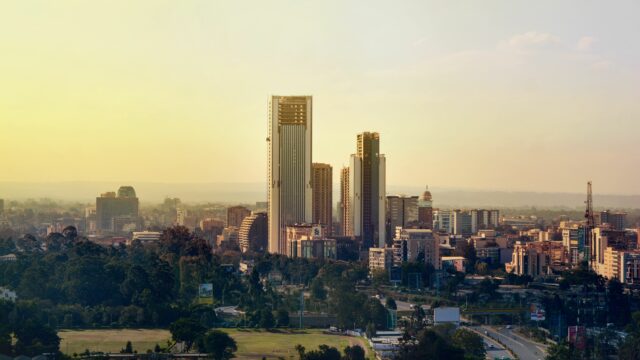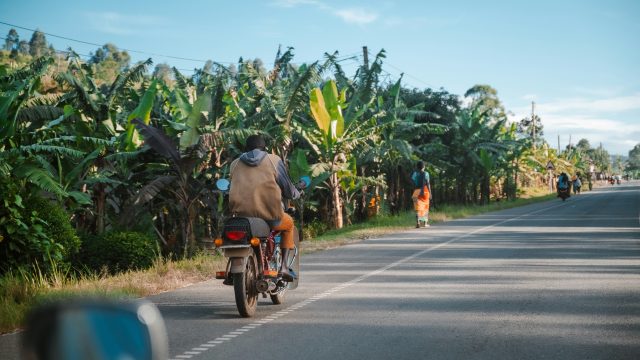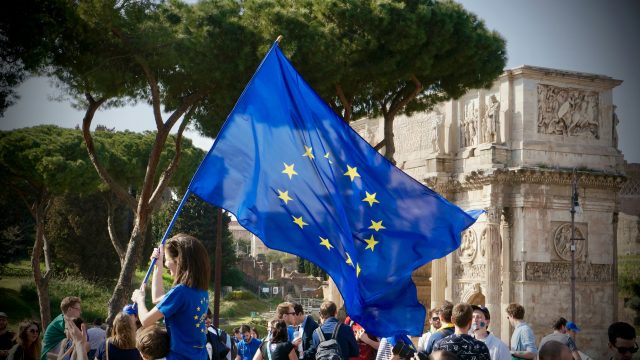Back to Black: the setback of COP29 in Baku
A diplomatic disaster averted or strategic incompetence?
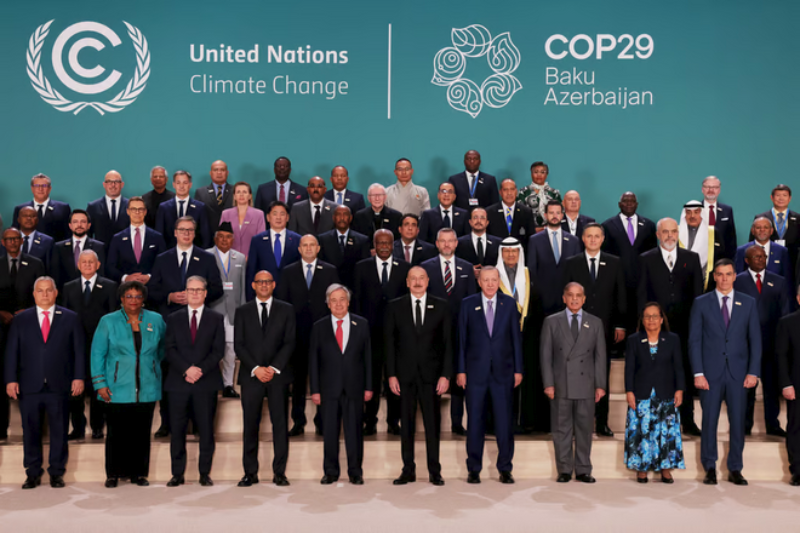
COP29 was to be the so-called Finance COP- though if you have been paying attention every COP since Copenhagen has been the finance COP. Successive climate talks have been assessed by the result of financial commitments: how much, from whom, by whom, for what and by when, has informed the judgement of whether a COP has been a success. The money has indicated whether the world has taken a step towards climate justice, or instead condemned millions more people to bear the brunt of the climate catastrophe. Lives are at stake and the promises made let us know how many.
Broken promises
Last year, at COP 28, the headline was marked by the commitment to transition away from fossil fuels, this was despite this being hosted by the UAE a petrostate. Azerbaijan, as the third consecutive petrostate to take on the challenge of building consensus for a global climate agreement, set the bar high with its focus on finance. In the run up to COP, it was estimated that a ballpark figure to address the worst impacts of climate change would run into trillions.
$300bn was the final amount agreed in Baku, falling far short of what’s needed. “The goal is too little. Too distant. The proposed goal shall not solve anything for us,” said Chandni Raina, an adviser with India’s Ministry of Finance on the final agreement.
“ A sustainable future demands that women, particularly those in vulnerable sectors, are visible and active in designing this future.”
The parties agreed on “at least $300 billion” per year, and while that is an improvement on the $100 bn set in 2009, this is nowhere near adequate. Negotiators hope this public money will leverage billions more in private investment. “We are confident that we will reach the $1.3 trillion objective,” European Union Climate Commissioner Wopke Hoekstra said, referring to the larger 2035 goal also referenced in the final text.
But developed countries repeatedly refused to commit sufficient public resources to this task, despite many promises. There remains a troubling lack of concrete accountability for financial pledges. Emerging economies simply cannot implement lifesaving adaptation and mitigation strategies without significantly more investment than this amount.
As Tracy Carty, a climate politics expert with Greenpeace International put it, “This finance goal comes with no assurance that it will not be delivered through loans or private finance rather than the grant-based public finance developing countries desperately need.” If the money isn’t there to support a green and fair transition in developing economies, temperatures will rise and the impacts of this will be felt all over the world.
Fossil interests escape unscathed
Perhaps unsurprisingly given the location of the talks, fossil fuel interests continued to dominated discussions.
"In Baku, fossil fuels were left untouched, while the world burns,” was the judgement from War on Want. Baku saw backtracking on language relating to the transition away from fossil fuels from last year’s communique. Petro nations won a victory in that as Sara Schonhardt, Zia Weise, Zack Colman and Karl Mathiesen write, the final text did not refer to the phase out of fossil duels but merely nodded to last year’s agreement. Saudi Arabia and Russia actively worked to roll back its provisions.
Even more shockingly, a delegate at COP29 was accused of modifying official negotiating texts, casting doubt on the summit’s integrity, according to reporting from The Guardian. Nor did it lay out actions to accelerate the goal of phasing out fossil fuels, which European and U.S. negotiators had pushed for.
The consequences of these inadequate commitments will be further extraction of yet more fossil fuels, driving further increases in global temperatures and more global warming. The vague language will have implications for future negotiations too, making it harder for next years’ negotiators to place meaningful restrictions on hydrocarbon producers. Establishing a definite plan to phase out fossil fuels is urgent, but remains distant.
Gender and human rights: missing, presumed…?
A just transition is crucial in mitigating climate impacts, as it ensures that the shift towards a sustainable economy is fair and inclusive. ActionAid emphasizes that "a just transition isn’t an option; it’s a necessity for people and the planet." Unfortunately, marginalized communities were again sidelined in decision-making processes in Baku, leading to just transition being not prioritized again.
Likewise, gender seemed to go missing in the talks, with the negotiators across all discussions once again failing to make the profound connection between climate change and gender inequality. The climate crisis disproportionately affects women, and women have many climate solutions as She Changes Climate has highlighted. Increasing the representation of women in climate leadership roles is essential to drive meaningful change and ensure that gender perspectives are included in climate action. A sustainable future demands that women, particularly those in vulnerable sectors, are visible and active in designing this future.
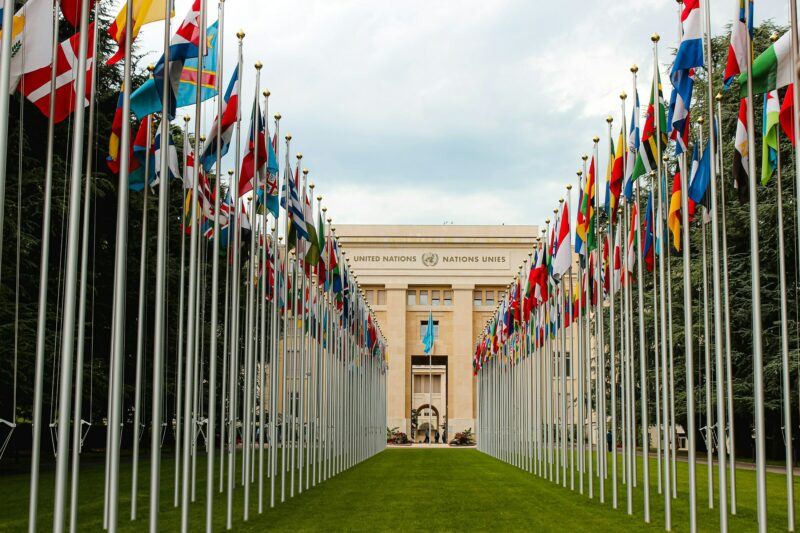
Negotiators struggled to get agreement on renewing the Lima programme to advance gender-responsive climate policies, as socially conservative countries stood in the way. Activists feared this would derail action to plug gender gaps. Majority world countries said they needed committed finance to enact gender-responsive policies, while global-north countries held the line that such decisions needed to occur in the finance negotiating rooms rather than the gender action plan resulting in little progress. The final text once again removed references to “intersectionality” and “in all their diversity”, although a reference to human rights was retained.
A step backwards in Baku
COP29 in Baku represents a regression in global climate negotiations, raising concerns about the implications for future climate summits. This setback could result in a potential loss of momentum for climate action at a critical time. If we are not making progress, we are contributing to the momentum of climate deniers and delayers. Without significant changes, the goals of the Paris Agreement will remain unattainable, highlighting the urgent need for a renewed commitment to climate action.
COP29 marked a significant setback, with numerous failures that need to be addressed. It is crucial to reclaim and revitalize the climate agenda, holding global leaders accountable for their commitments. While there some progress on technical achievements, its not the policy that is failing us at this time, it is politics. None of the leaders at COP had a popular mandate to push for greater ambition.
The international community must prioritize urgent gender responsive climate justice measures, fostering collaboration among NGOs, governments, and the private sector to innovate solutions. Grassroots movements play a vital role in building social demand for the transition, it is inevitable and it can create a fairer society if we do it right. Leaders need to create the space for more ambitious policies and at a time when there is a curse of incumbency and voters are looking for more radical solutions - there is a chink that needs to be expanded into an overton window. Ensuring that leaders follow through on their promises, emphasizing the importance of continued advocacy and action is the next step but lets get them to make meaningful, ambitious promises that are commensurate to the task ahead of us. We need to work with the most vulnerable, ensuring that their needs are at the forefront of climate action efforts, building coalitions and constituencies of support that match the scale of challenge and the promise of the opportunities ahead of us.
- Jean McLean, GEC
